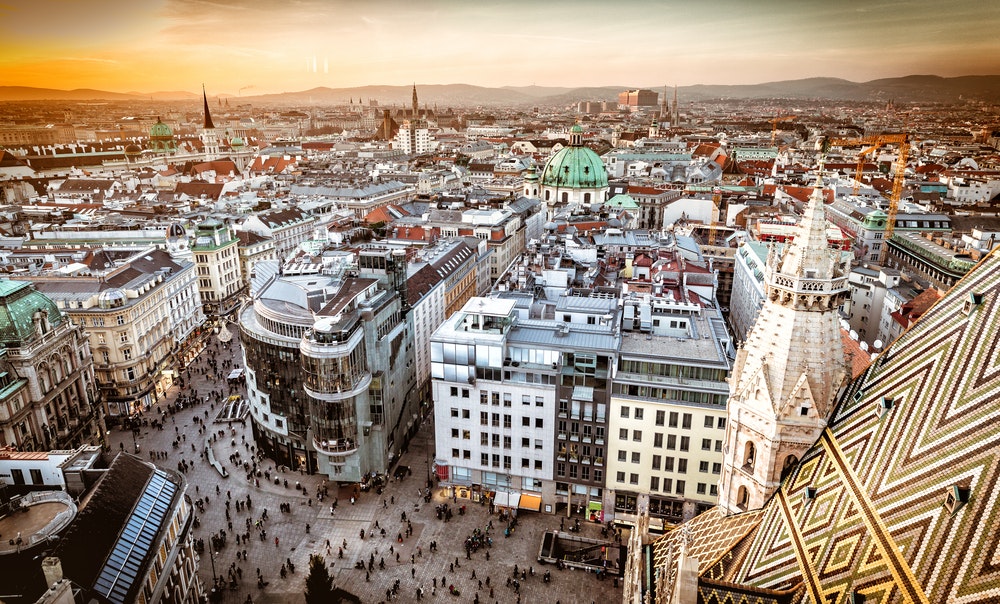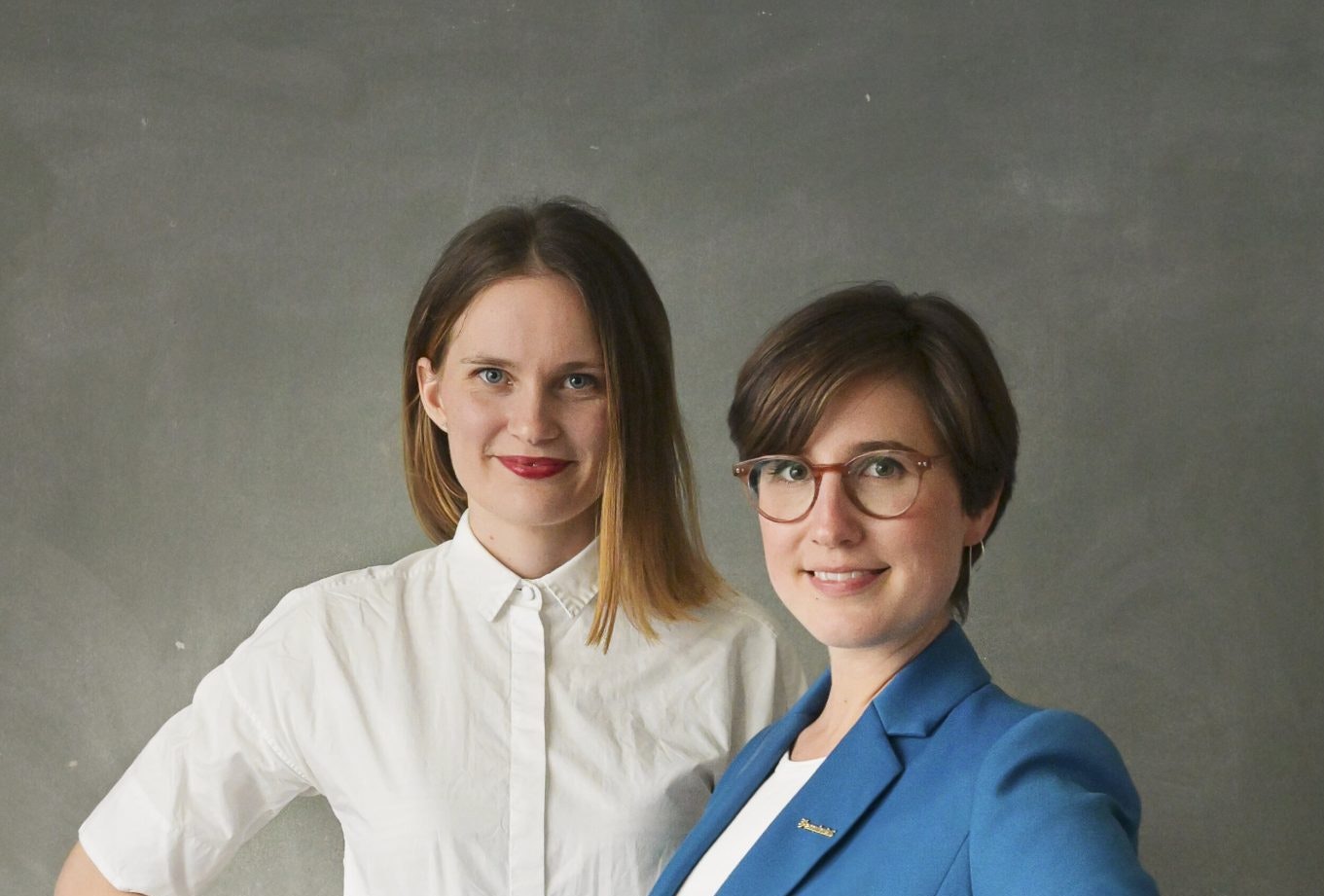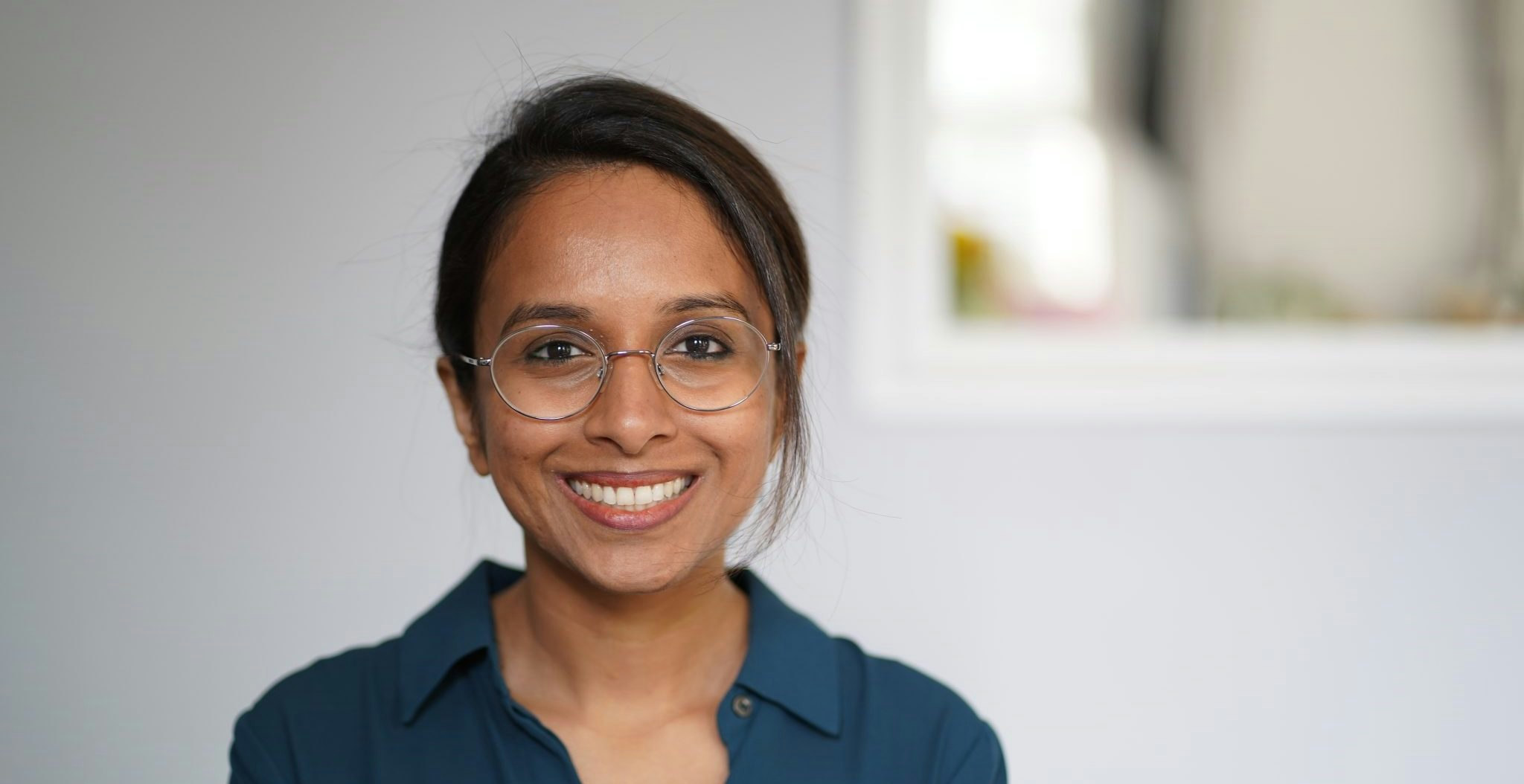According to Austrian Startup Monitor, more than 2,800 startups have been founded in Austria since 2010. Of those, more than a third (34%) are green impact startups — and now, their expertise is in demand in the capital Vienna.
The City of Vienna has recently set out its Smart Climate City Strategy, which will help fulfil the capital’s long-term goals for mitigating and adapting to climate change and transitioning to a circular economy.
The strategy also includes further goals for social inclusion and making the city a great place to live for children and young people. It has also set the goal of climate neutrality by 2040.
“Startups play a crucial role in meeting our 2040 goals because as well as the solutions, we need the implementation and scaling up of those solutions,” Gabi Tatzberger, director of startup services at the Vienna Business Agency, the city’s public organisation for entrepreneurial support, tells Sifted. Vienna Business Agency hosts the annual startup festival ViennaUP, which this year is placing a special focus on impact startups and investment.
“More than 50% of all the startups we have in Vienna have a social or ecological aim as their main company target,” said Tatzberger. “The topic of impact is a natural fit for the city of Vienna and its startup ecosystem.”
The role of startups in meeting 2040’s climate goals
While 2040 seems a way off, it’s much closer when you consider that the implementation of the solutions needed to meet Vienna’s climate neutrality goal have yet to take place.
When doing proof of concept, the collaboration between startups and the public institutions, as well as the corporates, is really vital
“We strongly believe that we need multi-partner environments to make this a reality,” says Alexis Eremia, managing director Impact Hub Vienna, a community and incubator with the quest of advancing the impact economy through bold and entrepreneurial ideas.
The Impact Hub’s Climate Lab was created with a focus on climate neutrality. It operates as a multi-partner initiative with the Vienna Business Agency, the City of Vienna, Wien Energie — the largest regional energy provider in Austria — as well as other companies related to utility providers and corporate partners.
It’s looking at mobility, energy and construction — given they are the industries with the highest contribution to CO2 emissions — with circularity as the overarching theme. This year, the Climate Lab will play host to Vienna’s Smart City Summit, taking place during ViennaUP.
“Startups are those who are working faster and more easily to prototype some of the newest solutions,” says Eremia.
“The vision and climate strategy has a longer-term goal, but we need to start prototyping some of these things now. When doing proof of concept, the collaboration between startups and the public institutions, as well as the corporates, is really vital.”
Bridging the gap
Despite the agility and fast-moving innovation synonymous with startups, Eremia acknowledges that more traditional processes enforced by cities for rolling out such solutions can take time.
The systems and the heaviness of the public institutions versus the agility and flexibility of the startups is always something that needs intermediation
“The systems and the heaviness of the public institutions versus the agility and flexibility of the startups is always something that needs intermediation,” she says.
“This is something that we've been particularly focusing on, because sometimes a startup is ready to jump on [something] and has a lot of ideas, but the city needs time to check regulations and get the budget in place.”
Eremia notes that startups aren’t always perfect either when it comes to implementing their offering to help meet the needs of Vienna.
“If the city loves an idea and wants to implement it, sometimes the capacity of the startup to be ready to go is not there,” she tells Sifted. “This means we've started looking at scaleups too, as well as organisations and innovators with later-stage solutions.”
The startups working on sustainable solutions
So, who are the startups making a difference in Vienna? Here are five to watch:
- Vollpension's aim is to reduce old-age poverty and loneliness by connecting retirees with younger generations and offering them work in its local cafes. It has also set up an in-person and online BakAdemy, which offers users baking courses delivered by "grandmas and grandpas".
- Refurbed collects electronic devices like mobile phones, laptops and tablets to repair and resell in an effort to reduce waste.
- Revo Food develops a plant-based smoked salmon with the aim of reducing overfishing in the oceans. It produces it with 3D printers and is already in several markets in Europe.
- Blün is a grocery delivery company run by a local group of experienced farmers, which delivers locally produced vegetables and fish.
- PlanRadar’s tool allows for better construction management and optimises the efficiency of building maintenance. The startup already operates in 18 countries.
“We need action in every field,” says Tatzberger. “This is really why within ViennaUP, we have covered all the topics from manufacturing to life science to smart cities, because we need to see innovation everywhere.”
Tatzberger believes every sector can contribute to the city’s climate strategy. There are different areas of the innovation conversation that the Vienna Business Agency is mindful of, too.
“We in Vienna also have a very intensive discussion about what technology does for us as society and what we as a city want — we call it digital humanism,” Tatzberger says. “Technology should be focused on improving the lives of the people and helping the world become a better place.
“I have been asked, ‘Do you want to be Silicon Valley?’ I always say, no, we need to find the European way and a Viennese way,” she continues.
“Yes, profit is important and good — but from a city's point of view, we always reflect on what is best for the city, so that it can be more sustainable and positive for the people who are living in or visiting our city.”
The Vienna Business Agency currently has an open call for international startups working in the future of mobility space, called Discover Vienna. Interested parties have until March 20 to apply for the opportunity to go to Vienna during ViennaUP and connect with transport mobility operators.



